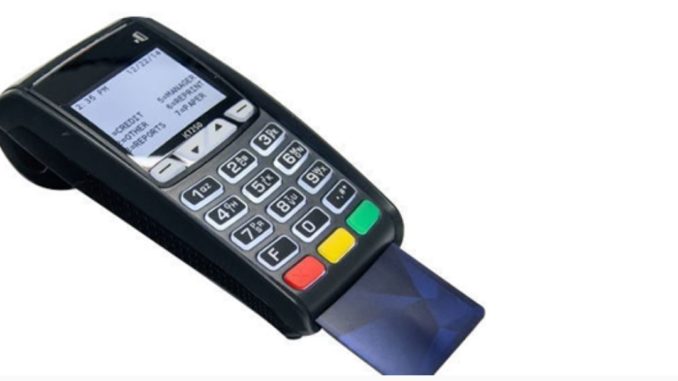
Transactions through electronic payment (e-payment) channels increased by N80 billion to N21.27 trillion in May 2021 against the N21.19 trillion recorded in April 2021.
Bismarck Rewane, CEO of Financial Derivatives Company, said this in a report titled: “Economic Policy: More Clarity and Less Ambivalence,” which was presented at the Lagos Business School executive breakfast session during the weekend.
According to the Nigeria Interbank Settlement System (NIBSS), value of e-payment transactions rose to N65.6 trillion in the first quarter of 2021.
Meanwhile, the National Bureau of Statistics (NBS) said e-payment transactions surged to N356.47 trillion in the fourth quarter of 2020.
In his presentation, Rewane said the value of transactions was flat lining due to the slow level of economic activities recorded later month.
The report showed that transactions via NIBSS Instant Payment (NIP) and NIBSS Electronic Transfer (NEFT) in May increased to N21.25 trillion and N1.27 trillion respectively.
It showed that point of sales (POS) transactions fell by 0.77 percent to N503.96 billion in May from N507.86 billion in the previous month.
Discussing on exchange rates, Rewane said the Central Bank of Nigeria (CBN) reduced multiple operational exchange rates from seven to four.
The four operational rates are the Nigerian Autonomous Foreign Exchange Rate Fixing (NAFEX); Investor and Exporter FX window (IEFX); parallel market rate; and International Air Transport Association (IATA) rate.
Reacting to the naira which fell at the parallel market rate to N502/$1 on Friday, Rewane said it was due to panic buying, speculative trading, forex rationing, and front loading of demand.
He projected that after the speculative trading and panic buying, the naira should appreciate; convergence around the IEFX rate will continue to further reducing the parallel market premium; parallel market rate will oscillate between N470/$ – N490/$ in July; while CBN is to adopt a crawling peg strategy in the third quarter of 2021.
Rewane further projected that headline inflation will likely increase again in May as insecurity continues to disrupt the commodities supply chain.
END

Be the first to comment